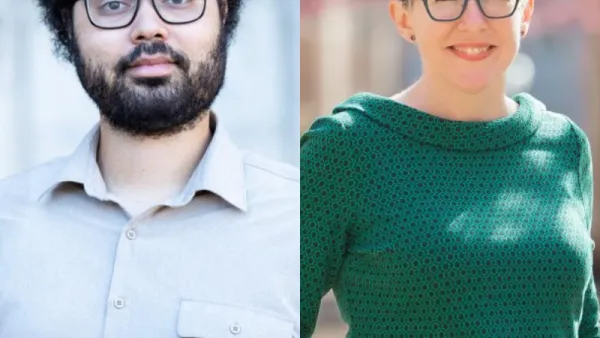Margaret Dresselhuys, a WashU sophomore, is not a science major. But her love for biology in middle and high school motivates her to continue learning about science.

It also influenced her decision to enroll in Professor Heather Barton’s Biology in the News course last academic school year. The course, designed for non-science majors and offered in the spring semester, grabbles with the difficult question: how do we talk about biology with the general public?
“I am a words person,” says Dresselhuys, who is majoring in English literature, “this course was a really good intersection between my love of words and interest in biology.”
Barton breaks the course up into different modules, first teaching students about scientific literacy and the use of critical thinking to spot scientific inaccuracies. They discuss topics portrayed in the media as controversial, including GMOs, DNA testing kits, and vaccines.
“We talk about topics that are going to be important and relevant to them as citizens of society. I want them to be informed and able to make decisions about some of these foreign, scary-sounding scientific ideas,” says Barton, who is a senior lecturer in the Department of Biology and has taught the course since 2020.
Words matter
For Dresselhuys, the conversations about genetically modified organisms or GMOs were interesting. Growing up in Northern California, she often heard that organic produce is the best. Her mother used the terms healthy, organic, and non-GMO to describe food.

“Although I was not, am not, anti-GMO, I passively associated healthy and organic with non-GMO as if they were synonymous,” says Dresselhuys, who appreciated a documentary on GMOs shown in class for the different perspective it offered. She learned about the practical applications of GMOs, including making disease-resistant crops to feed the world’s growing population.
“I didn't realize that I had this prejudice, and I learned that there is a distinction between those terms that I should make and that people take very seriously. It is a word that I won’t be throwing around loosely,” explains Dresselhuys, who is very cognizant of how words affect people.
In weekly discussion posts, Dresselhuys and her classmates evaluated headlines of popular press articles on scientific topics. Of course, nobody wants to read a long title – which Dresselhuys explains can be a barrier to clicking on the story.
Yet, clickbait is a very real online phenomenon. Fear-mongering, controversial, and intentionally misrepresenting headlines flood the internet space, ultimately causing the spread of misinformation.
“The words we read affect us,” says Dresselhuys, “But in this class, I learned to look at a headline, find the original study, and decide if the words chosen in the headline convey an accurate message. I am not scared of looking at the science.”
Multiple perspectives
Biology in the News provides students with the tools to make informed decisions on scientific claims presented by popular media.

“My objective is to teach them to pay attention to multiple perspectives and provide them with the tools to filter out the ones that are not scientifically sound,” says Barton. She introduces multiple voices via podcasts, documentaries, written articles, and guest speakers. Students even get hands-on experience with some of these concepts, for example, by comparing Barton’s DNA results from Ancestry and 23andme to understand the limitations of personalized DNA testing kits.
Meanwhile, each semester and with each new cohort of students who takes her class, Barton is introduced to new perspectives.
“I really appreciate listening to their opinions and their perspectives on some of these challenging concepts. My students are culturally diverse. They have different religious beliefs and socio-economic backgrounds. They are non-science majors and have diverse interests. They have different viewpoints,” explains Barton, who believes that her students’ perspectives have given her a more rounded understanding of these topics.
“On some of these topics, I am still learning with them,” says Barton.


